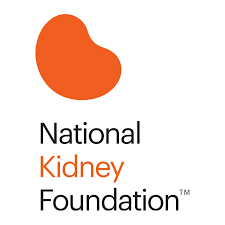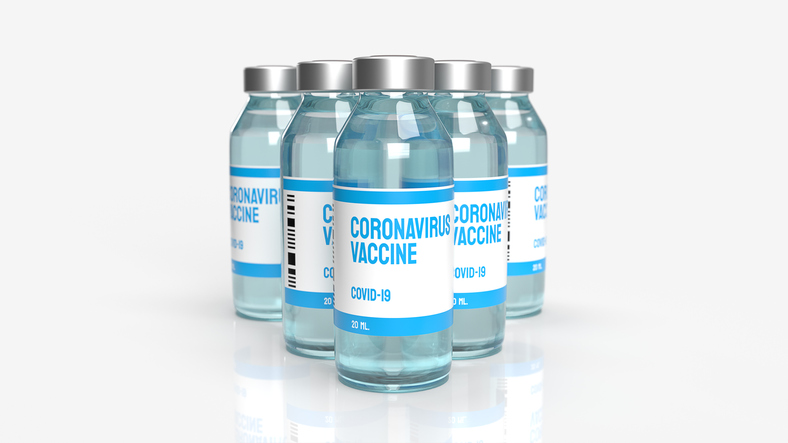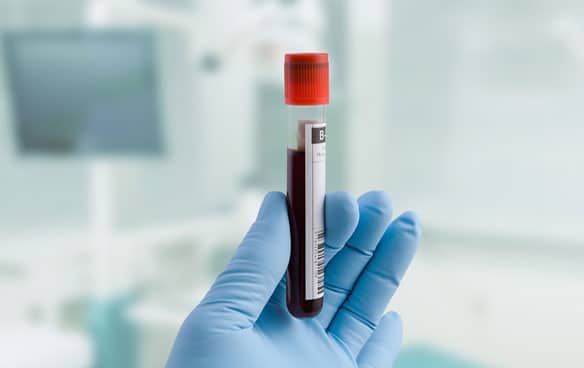“New data suggest that millions of patients most at-risk for life-threatening kidney disease are unaware they have it because they are not tested according to clinical practice guidelines despite their risk. The study, by authors from the National Kidney Foundation (NKF) and Labcorp, appears today in the journal Diabetes Care.
In the study, “Chronic Kidney Disease Testing (CKD) Among At-Risk Adults in the U.S. Remains Low: Real-World Evidence from a National Laboratory Database,” investigators reviewed laboratory ordered CKD tests from more than 28 million patients with diabetes, hypertension (also known as high blood pressure), or both, that were tested by Labcorp between 2013 and 2018.”
Read more, here.





